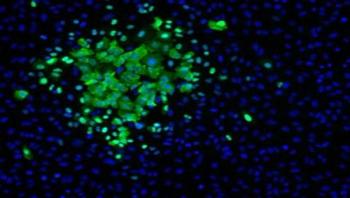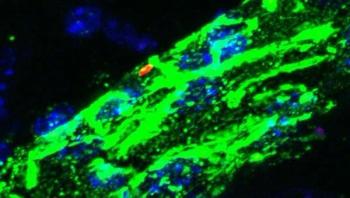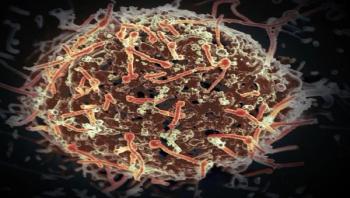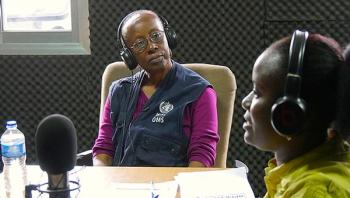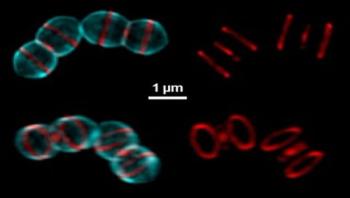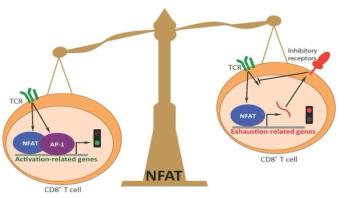
When fighting chronic viral infections or cancers, a key division of the immune system, known as CD8 T cells, sometimes loses its ability to effectively fight foreign invaders. Overcoming so-called T cell exhaustion is crucial to treating persistent infections but the underlying molecular mechanisms remain poorly understood. Now, a team of researchers at the La Jolla Institute for Allergy and Immunology report that the shift is masterminded in part by NFAT, short for Nuclear Factor of Activated T cells, and best known for its crucial role in getting CD8 T cells battle-ready. The findings from the lab of professors Patrick Hogan, PhD, and Anjana Rao, PhD, published in the Feb. 17, 2015 issue of the journal Immunity, lay the groundwork for novel treatments to restore immune function.

